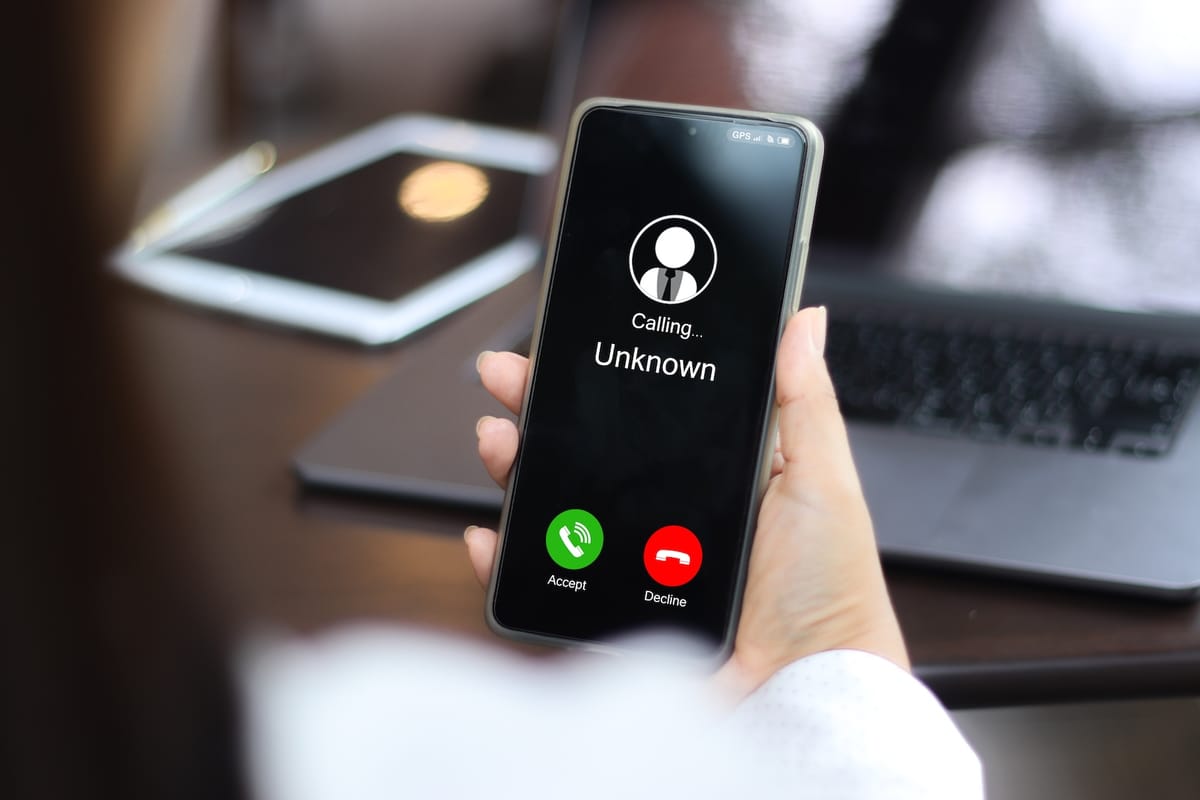

Understanding the Grandparent Scam
The grandparent scam is a type of fraud that targets older adults by pretending to be their grandchildren or other family members in distress. Scammers typically call their victims claiming to be in emergency situations, such as needing money for bail, medical expenses, or assistance while traveling. These scams are highly convincing and prey on the trust and vulnerability of older adults.
Warning Signs of a Grandparent Scam
There are several red flags to look out for when identifying a grandparent scam. Here are some key indicators. The caller does not identify themselves right away and may trick you into offering information they do not know. The caller communicates with a high level of urgency to make you act without thinking, often creating a life-or-death story. The caller knows your family member’s name but lacks specific information about them. The caller claims to be in an accident, in trouble with law enforcement, or in another dire situation needing immediate financial help. The caller says they are overseas or traveling to increase the urgency of the scam. The caller begs you not to tell anyone, especially other family members, to keep the situation secret. The call often comes late at night when you might be less alert.
Verifying the Caller’s Identity
To avoid falling victim to these scams, it is crucial to verify the caller’s identity. Here are some steps you can take. Ask the caller questions that only your real grandchild or family member would know the answers to. If they hesitate or answer incorrectly, it is likely a scam. Contact the supposed family member on a phone number you know is genuine to confirm their identity. Call another family member, such as the grandchild’s parent, to verify if there is an actual problem or emergency. Do not let your guard down just because the number or caller ID looks familiar; scam artists can disguise their phone number through a process known as “spoofing.”
Resisting Pressure and Taking Cautious Steps
Scammers often try to create a sense of urgency to prompt immediate action. Here’s how you can resist this pressure. Resist the urge to act immediately, even if the story is very dramatic or you’re scared for your loved one’s safety. Act with your head, not just your heart. Do not send money before verifying the caller’s identity. If you are unsure, disconnect the call and contact the family member directly. Avoid sending money through wire transfer or overnight delivery, as these methods make it difficult to recover the money if it is a scam. If you decide to send money, consider using a check or money order sent via overnight delivery or courier.
Staying Informed and Educated
Staying informed about the latest scams and educating your family members is key to avoiding these scams. Talk to your family about grandparent scams and make sure they know the warning signs and what to do if they receive a suspicious call. Use caution on how much information you share on social media, as scammers often troll social media to locate their next victim. Use a family code word that only your family members know. If someone in your family is in trouble, they will use this code word to help you identify the call as legitimate. Stay updated on the latest scams through resources like the Federal Trade Commission, Federal Bureau of Investigation, and National Council on Aging.
What to Do If You Think You Are a Victim
If you believe you may have been a victim of a grandparent scam, take immediate action. Report the incident to the Federal Trade Commission and your local police. If you have sent money, contact your bank or financial institution immediately to see if there are any steps that can be taken to recover the funds. Leave notes near the phone and computer as reminders of what to do if you receive a suspicious call.
Dues are $12 per year. Member benefits:
✅ Ad-Free Website Viewing
✅ Advocacy for Republican Seniors
✅ 120+ Senior Discounts
✅ Member Only Newsletters